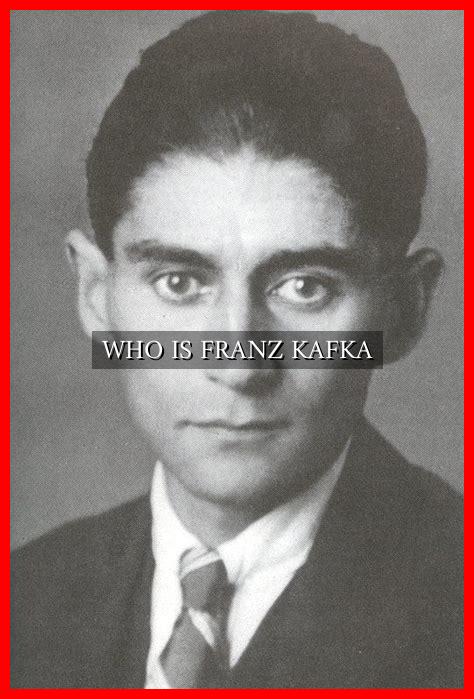-
Table of Contents
Who is Franz Kafka?
Franz Kafka, born on July 3, 1883, in Prague, Czech Republic, was a renowned German-speaking writer of the early 20th century. He is best known for his works that explore themes of alienation, existential dread, and the absurdity of modern life. Kafka’s writing style is characterized by its surreal and nightmarish quality, often depicting characters trapped in bureaucratic systems or facing insurmountable obstacles.
Early Life and Background
Kafka was born into a middle-class Jewish family in Prague, which was then part of the Austro-Hungarian Empire. He studied law at the German University in Prague and worked as an insurance officer to support himself financially. Despite his day job, Kafka devoted his evenings and weekends to writing, producing a body of work that would later become influential in the literary world.
Major Works
Kafka’s most famous works include:
- The Metamorphosis (1915) – a novella about a man who wakes up one morning to find himself transformed into a giant insect.
- The Trial (1925) – a novel that follows the protagonist, Josef K., as he navigates a mysterious and oppressive legal system.
- The Castle (1926) – a novel about a land surveyor who arrives in a village dominated by a castle that controls the lives of its inhabitants.
Themes and Influences
Kafka’s works are often characterized by their exploration of themes such as:
- Alienation and isolation
- Bureaucracy and power structures
- Existential dread and absurdity
Kafka’s writing style has had a profound influence on modern literature, with many authors citing him as a major inspiration.
. His work has been translated into numerous languages and continues to be studied and analyzed by scholars around the world.
Legacy
Despite his relatively short life (Kafka died of tuberculosis at the age of 40 in 1924), his impact on literature has been enduring. His works have been adapted into plays, films, and even operas, further cementing his status as a literary giant.
Today, Kafka’s name is synonymous with themes of alienation and existential angst, making him a key figure in the development of modern literature. His unique perspective on the human condition continues to resonate with readers of all ages and backgrounds.
Conclusion
In conclusion, Franz Kafka was a visionary writer whose works continue to captivate and challenge readers to this day. His exploration of themes such as alienation, bureaucracy, and existential dread have made him a literary icon whose influence can be felt across various art forms. Kafka’s legacy serves as a reminder of the power of literature to illuminate the complexities of the human experience.





